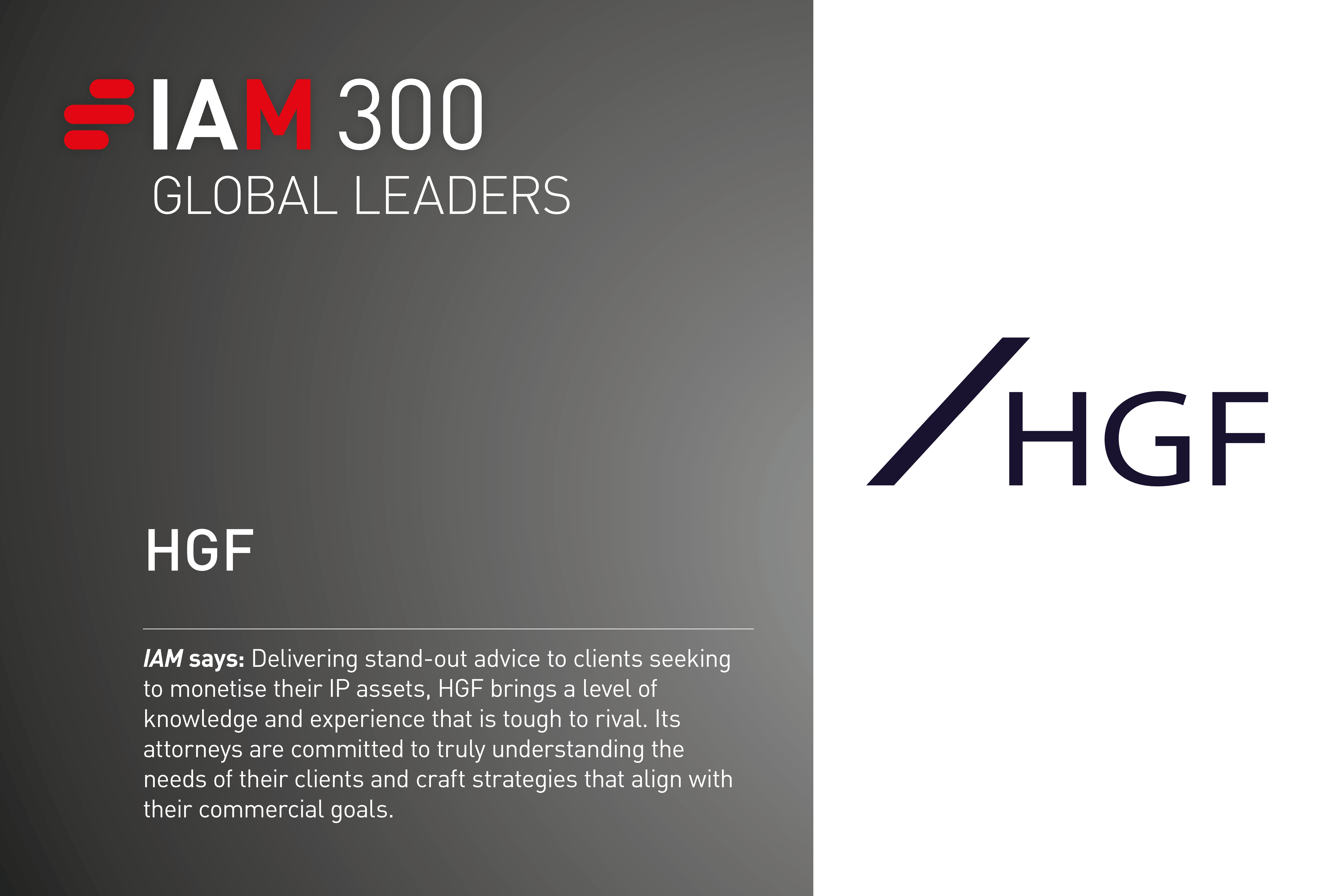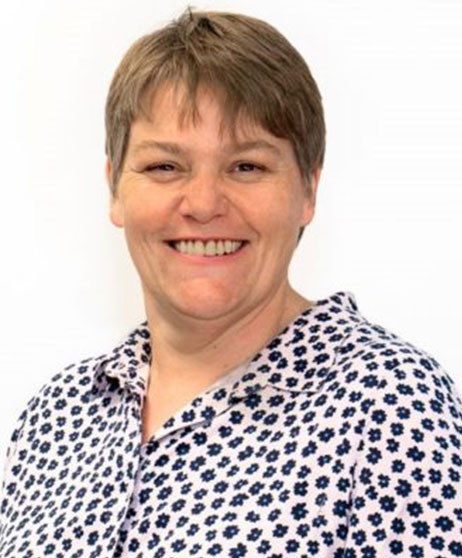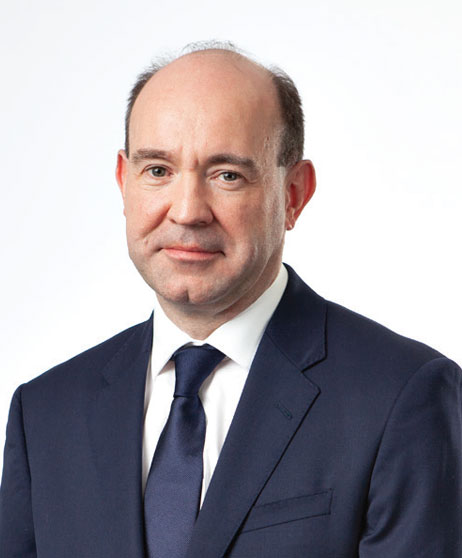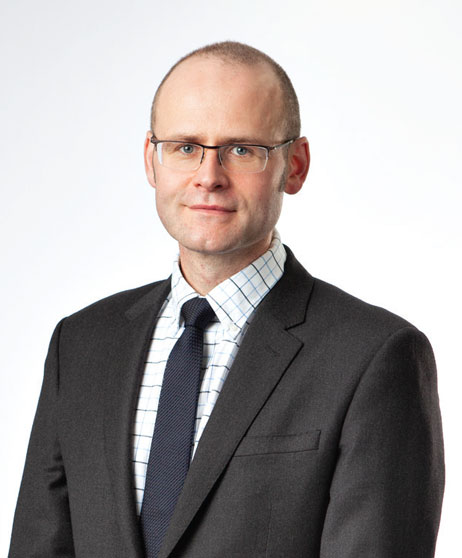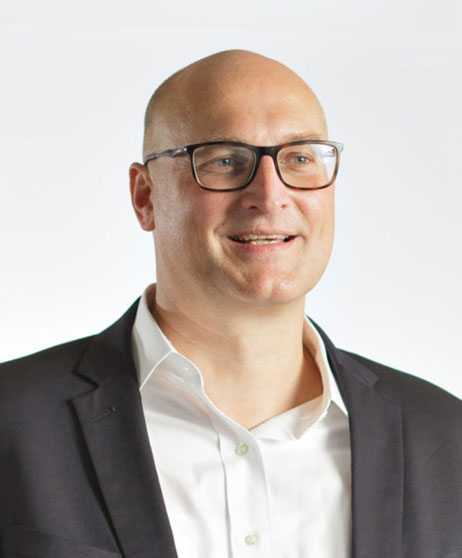HGF
HGF specialises in six sectors and 16 different industries, from creative media to healthcare and medical devices. How does the firm ensure that key personnel are up to date on the latest developments in multiple fields?
HGF has dedicated sector and industry leaders from across our six practice areas. These ensure that the team with technical and legal expertise in each sector is attending knowledge-leading events, discussing developments and emerging technologies with our clients and that we are using information and data available from patent offices and non-public sources to understand trends and emerging technologies in those sectors. We run internal workshops and webinars to keep our teams up to date with relevant legal developments, for example through case law lunches. We pride ourselves on our thought leadership and our dedication to ensuring that we know our clients’ sectors and the landscapes in which they operate. Only then can we deliver strategic advice that ensures value creation and protection.
How do you expect the European Commission’s draft SEP regulation proposal to affect IP strategy in Europe, and what is HGF doing to prepare?
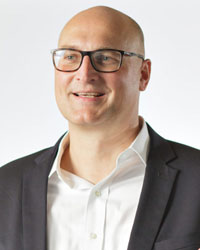
With the proposed incoming new regulations directed to SEPs, HGF is preparing to advise its clients – particularly licensees – as to how to enforce their patents through the new system.
With the new official SEP register proposed to be at the EUIPO, we are advising our clients on how to ensure that registered patents can prove themselves to be essential. This is in view of the current proposal to have regular checks to determine if the patents are indeed essential.
We are also helping clients understand how to quickly navigate the proposed new system to prevent any further delay to licence negotiations and royalty payments, which may take many years. We are also providing advice on how to deal with the artificial and premature cap on aggregate royalties for implementations of a standard, as there is a risk that this may be open to abuse.
What does effective leadership look like at HGF?
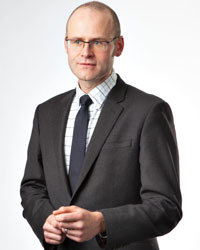
Strategic leadership requires an understanding both of strategy and leadership. HGF has a tailor-made leadership programme to ensure that all leaders right through the business have the skills and tools they need to lead effectively within the organisation and also when advising clients. The programme is designed and run by a dedicated learning and development function and includes coaching and mentoring for all of our leaders.
Mentoring is a key part of our leadership journey and ensuring that our colleagues understand what drives strategy and how to develop an effective strategy and implementation plan benefits both the company and clients alike.
Last year, you detailed how the firm was preparing for the UPC. Now that it is officially up and running, what effect, if any, is its launch having on clients’ strategies so far?
We see a wide range of approaches for clients relating to both the UPC and the unitary patent.
In terms of the UPC itself, as we expected, many clients have chosen to opt out all of their patents and applications and avoid any interaction with the UPC whatsoever. However, others have been more selective, leaving some patents and applications within the UPC’s jurisdiction, intrigued by the potential for available remedies and keen to participate in the evolution of the new court. A number of clients have also been seeking opportunities to revoke competitor patents in the UPC, where these patents have not been opted out.
In day-to-day prosecution, the unitary patent has become a frequent discussion topic with many clients. Some see the option to validate as a unitary patent – obtaining broad territorial coverage for comparatively low initial validation and ongoing maintenance costs – as highly attractive, especially where IP budgets are hard pressed. A unitary patent is, of course, subject to UPC jurisdiction, so there is something of a leap into the unknown in this regard. A good number of clients are willing to take this leap, which bodes well for the future vibrancy of the UPC and unitary patent.
We only see the role of the UPC and unitary patent in our clients’ strategies increasing in the coming years and eagerly await the emergence of the first decisions. Our litigators, opposition/appeal and prosecution specialists are fully engaged with the UPC and unitary patent and we look forward to contributing to their development.
What legislative developments in the Netherlands, if any, have had the biggest impact on IP strategy in the past few years?
Unsurprisingly, the advent of the UPC and unitary patent has also affected the Netherlands, with a local UPC division opening recently at the Hague. Offering an independent national patent has since been considered as a safeguard by many applicants, boosting the number of filings.
There may also be a seismic change at hand. As a result of dialogue between the government and users of the national patent system since 2020 when a national IP strategy was discussed, the Dutch patent system is likely going to move from automatically granted patents to full examination, possibly including oppositions and appeals and utility models. Several versions of a proposal are circulating and we expect the Dutch parliament to consider ratification in 2025.
If you could change two things about prosecuting patents before the EPO, what would they be, and do you think they are likely to happen?
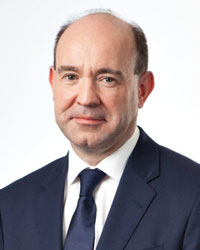
It will likely come as no surprise that the EPO’s strict (but inconsistently applied) requirement to amend descriptions to adapt them to accepted claims continues to cause frustration. Not only does it frequently give rise to considerable inconvenience and cost for clients but the implications for patent enforcement in differing jurisdictions can be hard to predict. While most attorneys can see merit in addressing clear contradictions between the claims and description, in many cases, examiners mandate an excessive level of amendment, straying beyond the punctilious and into the pedantic. A more moderate and consistent approach would be desirable. As this matter has recently caught the attention of several appeal boards (with differing views expressed), we may well see some developments in this area. However, to date, the EPO has been intransigent.
A second matter is the vexed issue of plausibility in both inventive step and sufficiency. While the much-anticipated G2/21 Enlarged Board decision provided some interesting discussion of the topic, sadly it failed to set out clear guidance. Practice at the EPO therefore remains highly inconsistent, which has major implications at both the examination and opposition stages. The issues are acutely felt in the pharma and life sciences fields, where patentees often introduce post-filing data, seeking to bolster this position on inventiveness or sufficiency. It would be great to have clarity and consistency on the level of support required in the application as filed, regardless of how high the bar is actually set. Unfortunately, there seems little hope of this in the medium term. The silver lining, such as it is, is that our opposition and appeals experts have ample latitude to deploy their advocacy skills and secure the best outcome for our clients in each case.
Which jurisdictions in Europe would you recommend for commencing patent litigation, and why?
The four main countries where national patent litigation presently occurs are Germany, the United Kingdom, France and the Netherlands. There is now also the UPC to initiate central infringement and relocation actions.
While there has been a relatively slow start for actions initiated at the UPC, the ability to centrally initiate an infringement action is highly attractive for patentees. On the other hand, the UPC is, of course, a route to revoke a patent across all ratified EU states. The UPC route can therefore be recommended for both patentees with very strong patents and for clients to centrally revoke a patent. Court costs at the UPC are also substantially less than initiating national actions across Europe.
The patent system in Germany can also be recommended where fast and cost-effective enforcement action is required, as can that of the Netherlands, where judges tend to be quite flexible in assessing cross-border issues. The costs in Germany and the Netherlands can also be lower than in other countries, such as the United Kingdom.
What has been the firm’s proudest achievement in the last 12 months, and why?
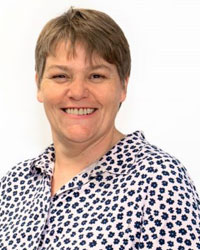
There are so many achievements in the last 12 months that we are proud of. However, the one that stands out is the success in our pursuit of excellence, which is one of our core values and is at the heart of everything we do. We have an ambitious strategy for the next three years and excellence is front and centre. Our success to date can be measured by the awards and accolades that the firm and individuals have achieved in the past 12 months. It also shines through in the stories of individuals and teams within the firm, be it as a result of exam successes, client wins or receiving great client feedback.
HGF helps to develop IP strategies for a wide range of clients, from multinational companies to SMEs to universities and research institutions. How does the firm adapt its approach depending on the type of client you are dealing with?
Strategies depend heavily on the outcomes that each client company wants to achieve. HGF is adaptable and expert in understanding these, whether they are SMEs, spin-out companies or multinationals. We consider financial milestones to be met, stakeholders and investors involved and the markets and customers of value to the business and will create and deliver an IP strategy to create and protect the client’s value.
We develop filing and prosecution strategies to protect our clients’ products and services while also looking at third-party rights and how to mitigate their commercial impact. We ensure that clients know their IP portfolios well, and why and how to use them in commercial relationships. If clients seek investment or partners, we look forward to ensuring their IP portfolios are attractive to relevant stakeholders.
Is HGF taking steps to future-proof itself, and what does this strategy look like?
To put it simply: yes. HGF will continue to create value for its global client base through its people, teamwork, excellence in its advice and delivery and by being a progressive, integrated European firm. HGF is continually investing in recruiting the best people and providing the best support for them by building the best systems and adopting new technologies. The potential for technology to support the work of our attorneys and support staff in delivering the best for our clients is ever-growing, and we have a specific team of attorneys and IT specialists tasked with ensuring that HGF remains at the cutting edge.
Lucy Johnson
Partner, Head of Engineering
[email protected]
Lucy Johnson is a partner and head of HGF’s engineering department. She deals with SME and corporate IP strategy creation and implementation in Europe and the United States. Her areas of expertise include IP strategy development and implementation for SMEs, third-party IP risk awareness, management and mitigation and portfolio development and management for investment and initial public offerings.
Dr Gary Wilson
Partner
[email protected]
Gary Wilson has been a partner at HGF for almost 20 years. He provides strategic commercial advice to a wide range of international blue-chip companies and high-growth SMEs. Dr Wilson regularly represents clients in opposition proceedings before the EPO and has the litigation certificate from the Politecnico di Milano to act before the UPC. He graduated from the University of Glasgow with a BSc in chemistry and has a PhD.
Douglas Drysdale
Partner
[email protected]
Douglas Drysdale is deputy head of HGF’s life sciences team, based in the firm’s Glasgow office. His practice covers a broad range of areas, with a particular focus on representing clients at the cutting edge of cell and gene therapy, gene editing, synthetic biology, and industrial biotechnology. Mr Drysdale and his team are particularly active in oppositions and appeals before the EPO, leading some very high-profile cases including the renowned CRISPR cases.
Dr Achim Krebs
Partner
[email protected]
Achim Krebs is a partner at HGF and heads the Hague office. His practice involves a wide range of technologies, advisory activities in IP strategies, and due diligence processes, and he represents clients at the EPO. Dr Krebs is qualified as a Dutch, Belgian, and European patent attorney and is registered as a UPC representative. He graduated from Heidelberg University with a doctorate and diploma in chemistry and from the University of Strasbourg with a degree in patent litigation.
